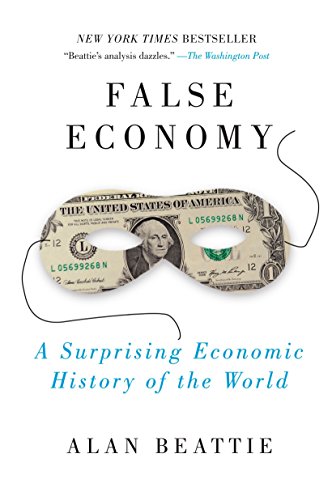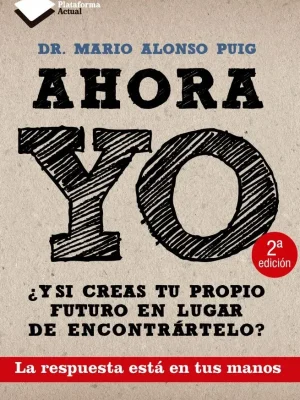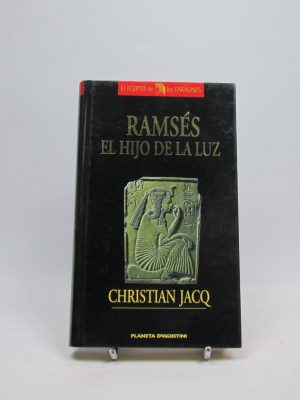A «provocative…persuasive» (The New York Times) book that examines countries’ economic destinies.
In False Economy, Alan Beattie weaves together elements of economics, history, politics, and human stories, revealing that governments and countries make concrete choices that can determine whether they remain a rich or poor nation. He also addresses larger questions about why they make they choices they do, and what they mean for the future of our global economy. But despite the heady subject matter, False Economy is a lively and lucid book that engagingly and thought-provokingly examines macroeconomics and the fault lines and successes that can make or break a culture. Along the way, readers will discover why Africa doesn’t grow cocaine, why our asparagus comes from Peru, why our keyboard spells QWERTY, and why giant pandas are living on borrowed time.
The Barnes & Noble Review
It may make you feel better to read Financial Times journalist Alan Beattie describing how nothing in economic history is inevitable or permanent. Though he spends little time dwelling on our current economic woes, Beattie chronicles where successful economies diverged, how politics meddled in free markets, and when observers have drawn false conclusions. In a history peppered with witty British asides, Beattie succinctly illustrates the curse Steinbeck probed in The Pearl — namely, that coveted natural resources are often more trouble than they’re worth. Cases in point: Dutch tulip exporters were among the legions of workers who could no longer compete in the global economy once the discovery of oil reserves made their country’s currency strong enough to price Dutch products out of the market; prostitution and drug addiction ensnare mining communities from Africa to Latin America; and to top it all off, corrupt leaders mismanage prized resources for their own immediate gain, rendering those resources a scourge to some previously diversified economies. After debunking the notion that Islam is anathema to wealth creation (as some pundits claimed after September 11, 2001, attempting to explain the appeal of terrorism), Beattie takes you to the local supermarket to unravel how anti-drug policies got us dependent on Peruvian asparagus. Peru benefited from a 1991 trade deal intended to incentivize farmers to grow crops other than coca for cocaine. Lower tariffs and financial assistance, rooted in a social reform agenda, are what made Peru into Asparagus Central, much to the dismay of U.S. farmers, who have found it hard to compete. In the end, you’re left with the assertion that no superpower is destined to stay that way forever, unless of course, superlative decisions prevail. In other words: Godspeed, developed world. —Ariana Green





